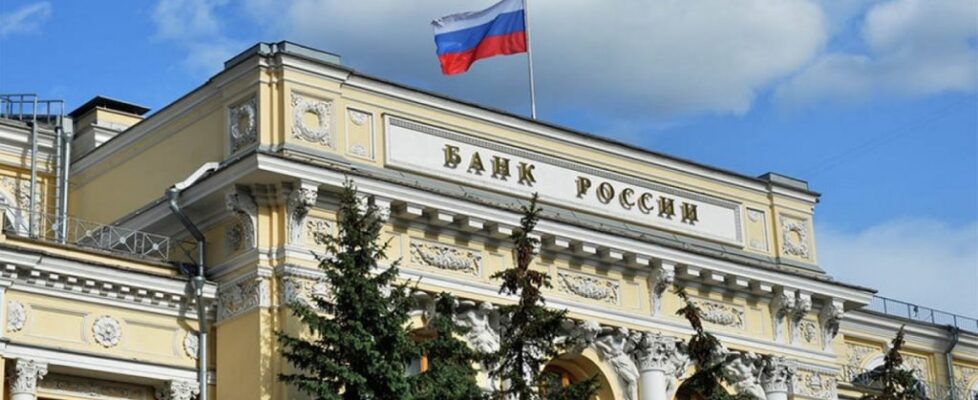Russian non-qualified investors find tests on foreign shares most difficult
The Central Bank of Russia today published the key results of the testing of non-qualified investors.
During the first month after the new mechanism came into force, investors most often applied for a tests on buying foreign shares. The tests on the risks associated with these trading instruments turned out to be the hardest for investors, as only 28% of the applicants successfully passed the test.
The testing of non-qualified investors before any deals with complex financial instruments became compulsory on October 1, 2021. During the month following the start of the implementation of the new testing mechanism, brokers reported over 2.5 million tests.
Let’s note that if an investor fails the test, the investor can reapply. The investor is still allowed to proceed with the requested deal but then the value of the deal has to be smaller.
In terms of popularity, tests on ETF and margin deals, as well as derivative instrument risks, were among those most requested by traders. The least popular tests were those on repo deals.
Mikhail Mamuta, head of the Consumer Rights Protection and Financial Inclusion Department at the Bank of Russia, noted that some brokers report a small percentage of positive results after the tests, whereas others report 80% success rates. Such a high percentage, Mr Mamuta warns, may be an indicator of a non-compliant manner of conducting the tests.
If the central banks finds violations of the testing procedures, it can require a buyback of the affected financial instruments.





